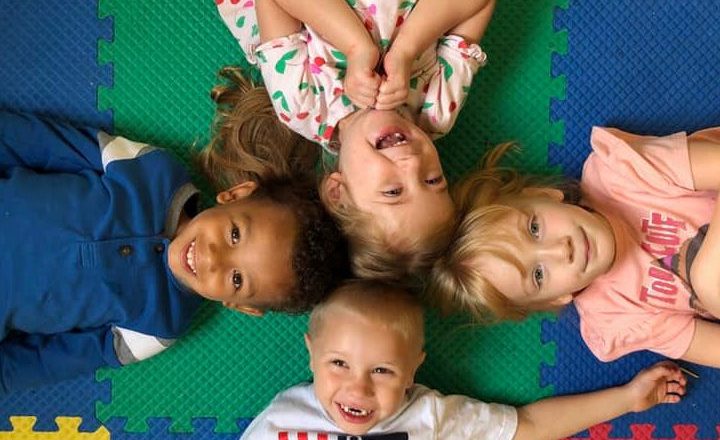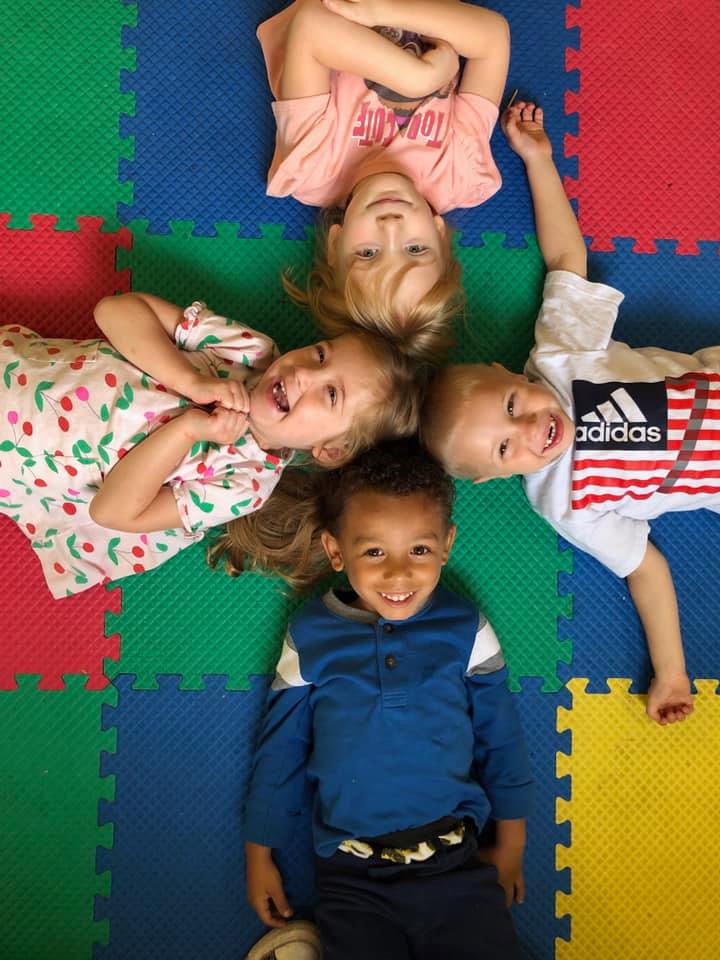These Self-Care Strategies Help Kids Regulate Stress

Last modified: November 10, 2023

If self-care can lower stress levels in adults, it can benefit children who are just as likely to feel anxious or worn out. Parents do well to monitor their kids’ behavior and check in on their emotional wellness. It’s never too early to talk about mental health or start practicing habits to cope with difficult moments.
You may not stumble across self-care practices that benefit your child until you’ve exposed them to a range of options. Do some research to find activities that address specific ages and needs. Are relaxing games, jigsaw puzzles, or meditation appropriate because of a hectic schedule, or do creative outlets, such as crafting, music, journaling, or cooking, hold more potential?
Physical activity improves psychological health in children and adolescents. Competitive sport builds loads of valuable skills but carves out time for workouts with zero expectations.
Yoga and tai chi are gentle and effective. If you want to get those hearts pumping, find an informal sport that consistently puts a smile on your young one’s face, or make dance parties a thing at home, so everyone can let loose.
Get your kid to do random sets of 15 star jumps when you’ve been sitting for a while doing homework or watching a show on TV, and make a point to walk or cycle in green spaces. Nature is a tonic for the spirit whether you’re 8 years old or 80.
Understand that you’re likely to snap at times, and your kids may, too. Limit your yelling and put a system in place, so young kids can feel heard and have go-to coping mechanisms when they feel overwhelmed.
Print a thermometer with different colors, from red for boiling point to green for calm, and stick it on the fridge. If your elementary schooler puts their finger on or near boiling point, you need to listen to their concerns. After that, instruct them to employ a strategy from the self-soothing toolkit, which includes but isn’t limited to:

Be careful of over-scheduling yourself or your kids, or there’s a risk of burnout. Normalize taking breaks and going to therapy if necessary. Remember, you’re allowed to have me-time. Unstructured time is good for kids, too, in the midst of their busy lives.
Most importantly, give your children the best self-care foundation by treating yourself with compassion. Kids learn from what you do and say and how you treat others. Positive self-talk shows them that it’s okay to fail or ask for help sometimes. Encourage them to express gratitude every day for their triumphs and blessings. This practice serves them well for years to come.
Taking time to relax and practicing strategies to regulate stress can benefit kids’ mental and physical health. Ballard Center offers early childhood education programs and community resources in Lawrence, Kansas. Contact the center if you want to volunteer or need relevant services or information.
Article courtesy of: Kristin Louis with Parentingwithkris.com
ballard center education kids self-care
Last modified: November 10, 2023
 The Ballard Center partners with individuals and families to achieve stability through early childhood education and needs-based services by cultivating a strong network of organizations, businesses, and individuals dedicated to serving our community.
The Ballard Center partners with individuals and families to achieve stability through early childhood education and needs-based services by cultivating a strong network of organizations, businesses, and individuals dedicated to serving our community.
Newsletter Signup
Enroll Now
Main Office:
708 Elm St
Lawrence, KS 66044
Mailing Address:
P.O. Box 7
Lawrence, KS 66044
Phone: 785-842-0729
Email Us